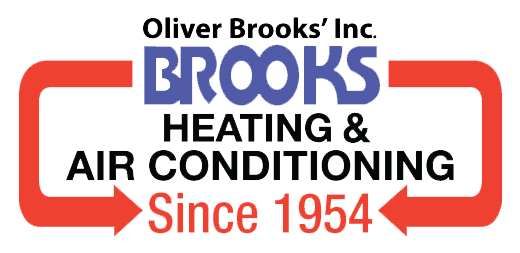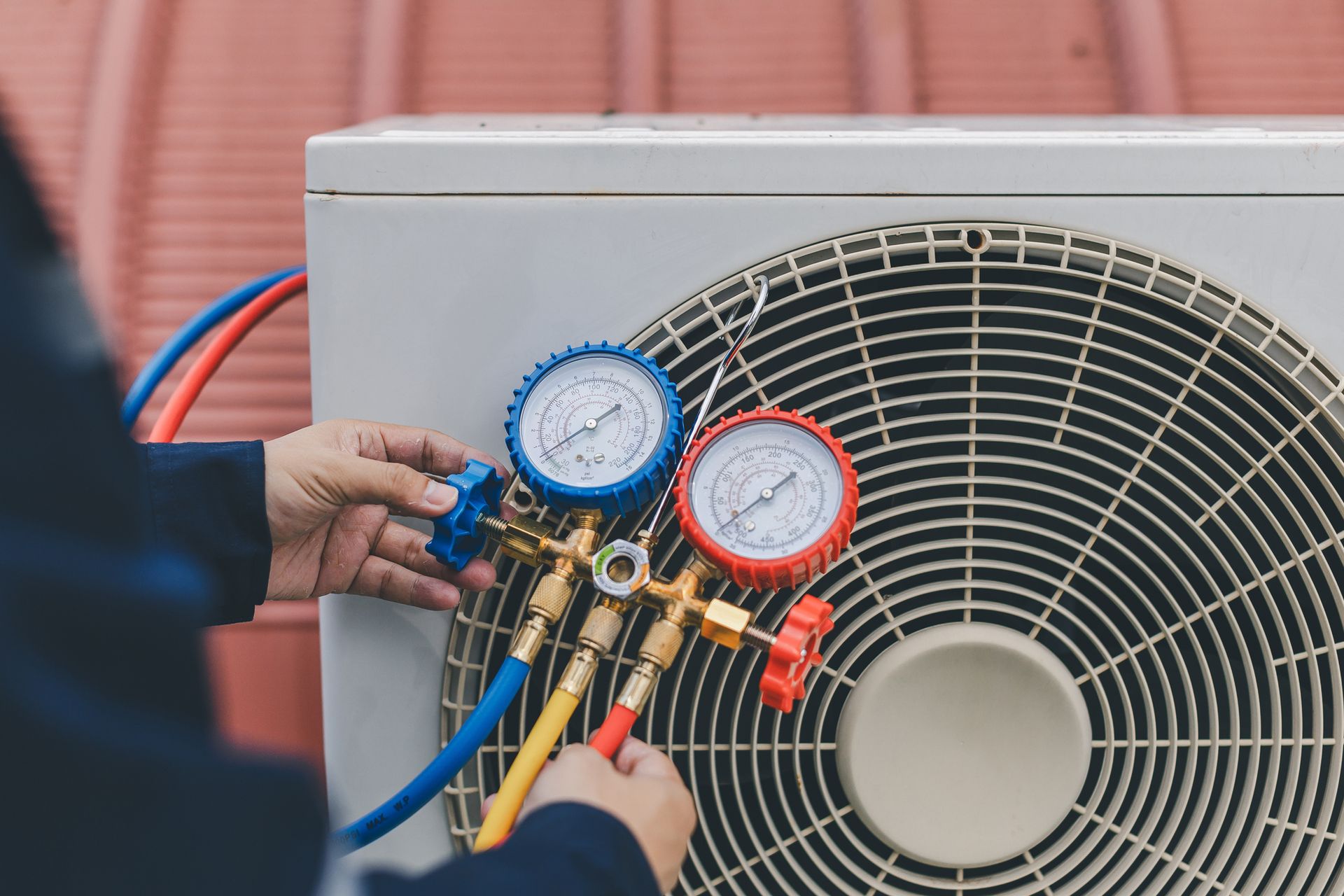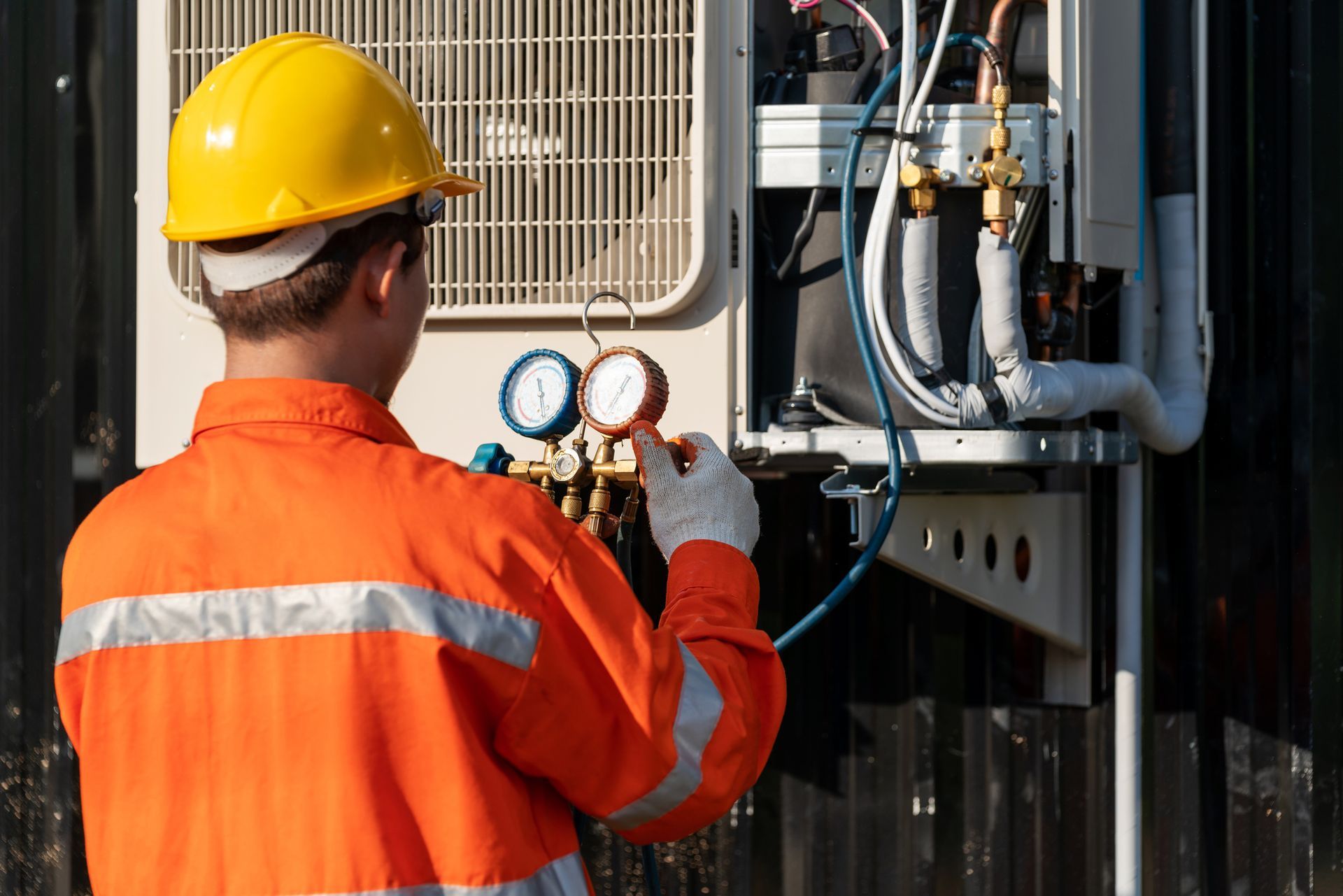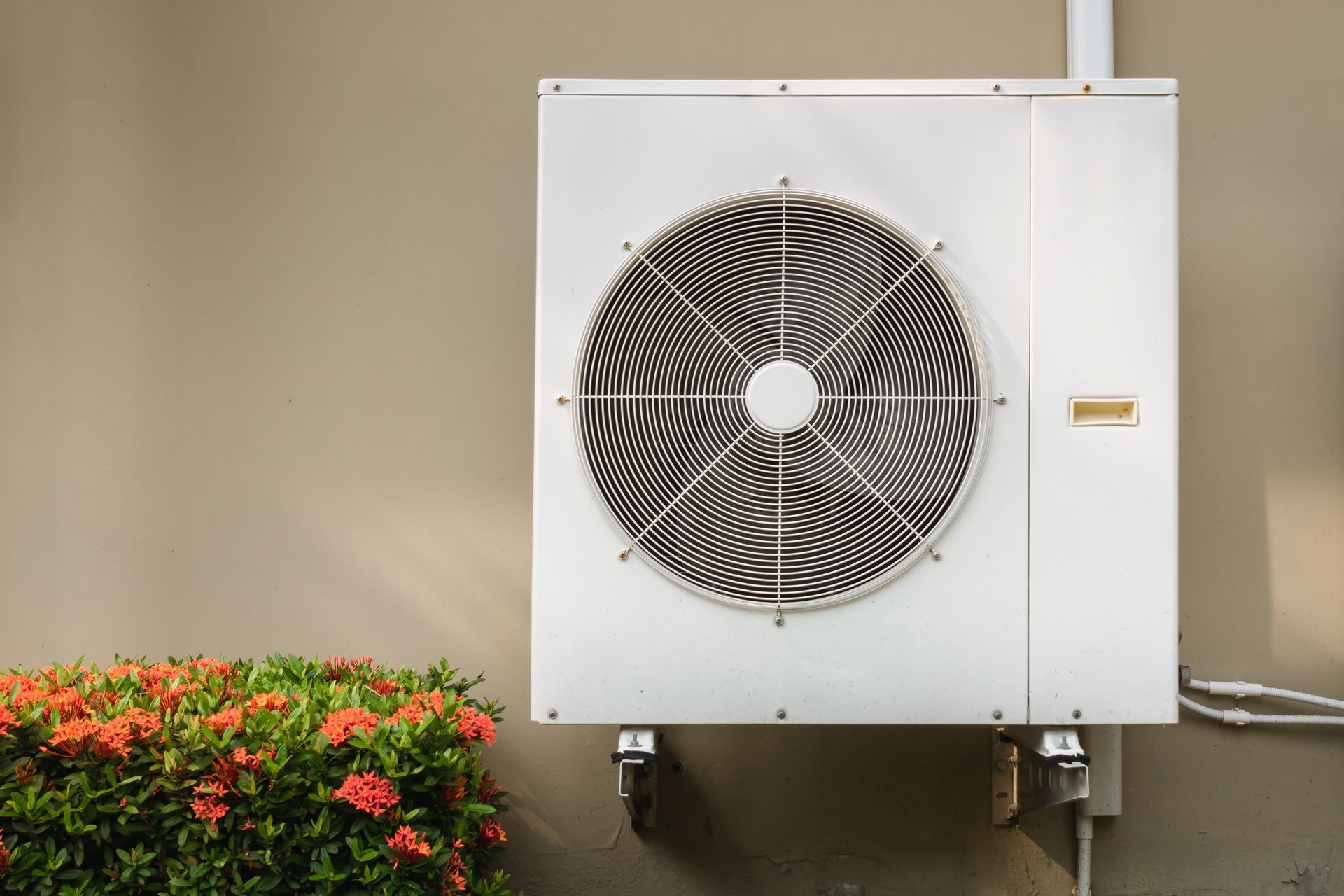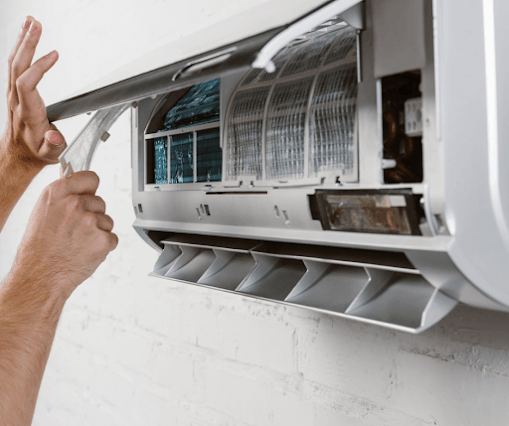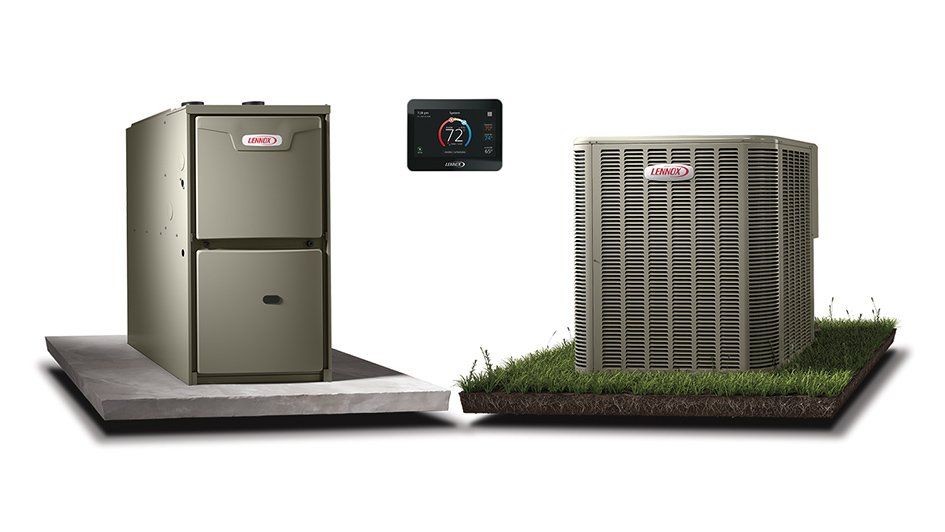Efficiency is an important aspect of using your home’s HVAC system. You want to be sure the lowest amount of energy is used to maintain comfortable temperatures. But the layout of your home and the preferences of other family members can change what’s “comfortable”. Taking all this into account can make using your HVAC system effectively a bit more complicated. Fortunately, there’s an easy fix.
An
HVAC zoning system
is a special accessory designed to help you fine-tune your heating and cooling. It can help satisfy the different needs of your family as well as stubborn hot or cold spots. But make sure you trust installation to a local professional like Brooks Heating and Air Conditioning. Trained, certified technicians will ensure your HVAC zoning system offers its best from the beginning.
What Is a Zoning System? How Does It Work?
A zoning system is a collection of dampers installed in your home’s ductwork. When your HVAC system starts working, the zoning system adjusts airflow according to the established “zones” in your home. So if grandma prefers a warm den during her afternoon tea, a zoning system can provide exactly that. A residential HVAC zoning system is perfect for families with different comfort preferences as well as homes with design quirks. When used efficiently, it can make sure each room or space in your home is just the right temperature.
Getting the Most Benefits from Zoned HVAC Systems
There are multiple reasons an HVAC zoning system can help improve efficiency. They can address problems that arise from a wide range of home styles and specific features, such as:
Multi-story homes:
homes with two or even three floors require more energy and ductwork for efficient heating and cooling. But even then, rooms furthest away from the HVAC system may not be the right temperature. A zoning system can deliver an extra boost of airflow to take care of the issue.
Rooms next to unfinished spaces:
many areas like the garage, basement or attic aren’t completely finished. They may be much warmer or cooler than the rest of your home. Sometimes this affects adjacent rooms, making them more difficult to keep comfortable. Zoning systems can be a more affordable way to handle things.
Tall ceilings and large windows:
grandiose rooms with sweeping views are gorgeous additions to any home, but they demand a little more energy for heating and cooling. A zoning system can redirect extra energy to these spaces when you use them most, ensuring you’re not raising your energy bill to heat or cool empty rooms.
Large additions or renovations:
big renovation projects might not take the home’s original design into account. This could affect how hard your HVAC system needs to work to provide an even distribution of comfort. But with a residential zoning system, you can help stop your HVAC system from overworking itself.
HVAC Zoning Vs. Two HVAC Systems
Rather than install an HVAC zoning system, some homeowners decide to get a second HVAC system. This could be useful for particularly large homes, but the higher energy and maintenance costs aren’t always worth the effort. Meanwhile, a zoning system can offer precise control over your heating and cooling. It can help even out comfort for the rooms you use most, when you use them.
Can an Existing HVAC System Be Zoned?
Yes, it can! It’s ideal if your HVAC system uses a variable-speed blower motor. This means the fan has multiple speeds and can adjust for minimal energy use. A single-speed motor, however, always blows at 100% capacity. Since a zoning system redirects airflow rather than increases or reduces it, you might need a bypass duct for excess air. An expert technician can help you decide the best way to proceed.
Try an HVAC Zoning System from Brooks Heating and Air Conditioning
If you’re considering installing a residential HVAC zoning system, you can rely on Brooks Heating and Air Conditioning for a high-quality, low-stress process. To request a quote for zoning system installation in Bossier City, give us a call today at
800-COOLING.

